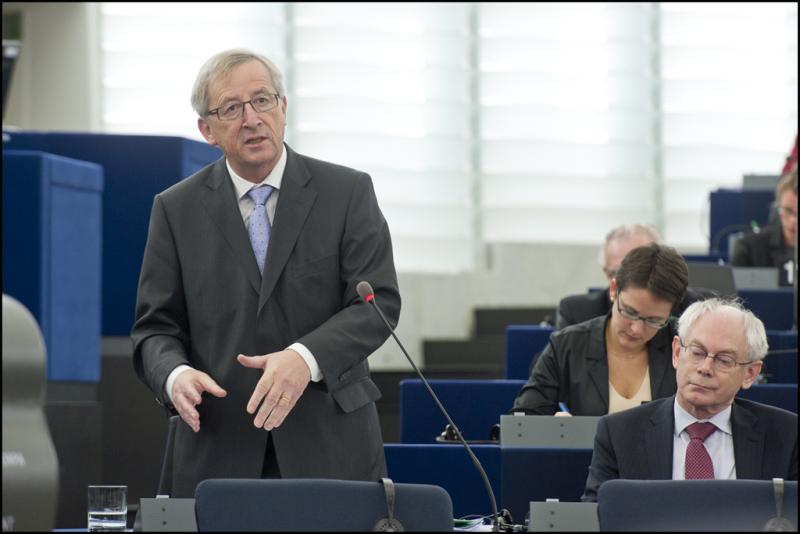
The European Commission desperately wants to be able to raise its own taxes to gain more power AND control, to blow up the already excessive budget and eliminate tax competition. Therefore the Commission is seeking to identify tax areas where decision making could be changed to a qualified majority of member states instead of unanimity.
This effort comes right before the upcoming European elections in May 2019. In its 2019 work program, the EU Commission named taxation as an area where it wanted “more efficient lawmaking” and claims that voters demand powerful solutions that can only be addressed on a European level.
The truth is that all efforts for the EU to raise taxes failed due to a lack of unanimity. The most recent proposal for a Digital Services Tax was stopped by low tax countries like Ireland, Luxembourg, and other Nordic member states that have a vital interest in tax competition within the EU. By changing this model to a qualified majority of member states, those countries would be overruled easily with devastating effects on their economies.
The idea was already floated by EU bureaucrats and especially by EU commission president Jean-Claude Juncker in his state of the union speech:
“Europeans taking to the polls in May 2019 will not care that the commission made a proposal to make internet giants pay taxes where they create their profits – they want to see it happening for real. And they are right. I also think we should be able to decide on certain tax matters by qualified majority,”
Now the European Commission launched a web questionnaire on the initiative to move to a qualified majority voting on tax issues where EU citizens can participate. The Commission hopes to use this instrument to support their efforts.
Though EU member states have to adopt the decision by unanimity and it is likely to fail is essential to be aware of this issue and stop the EU from eliminating tax competition and from gaining more control and power over the member states.

